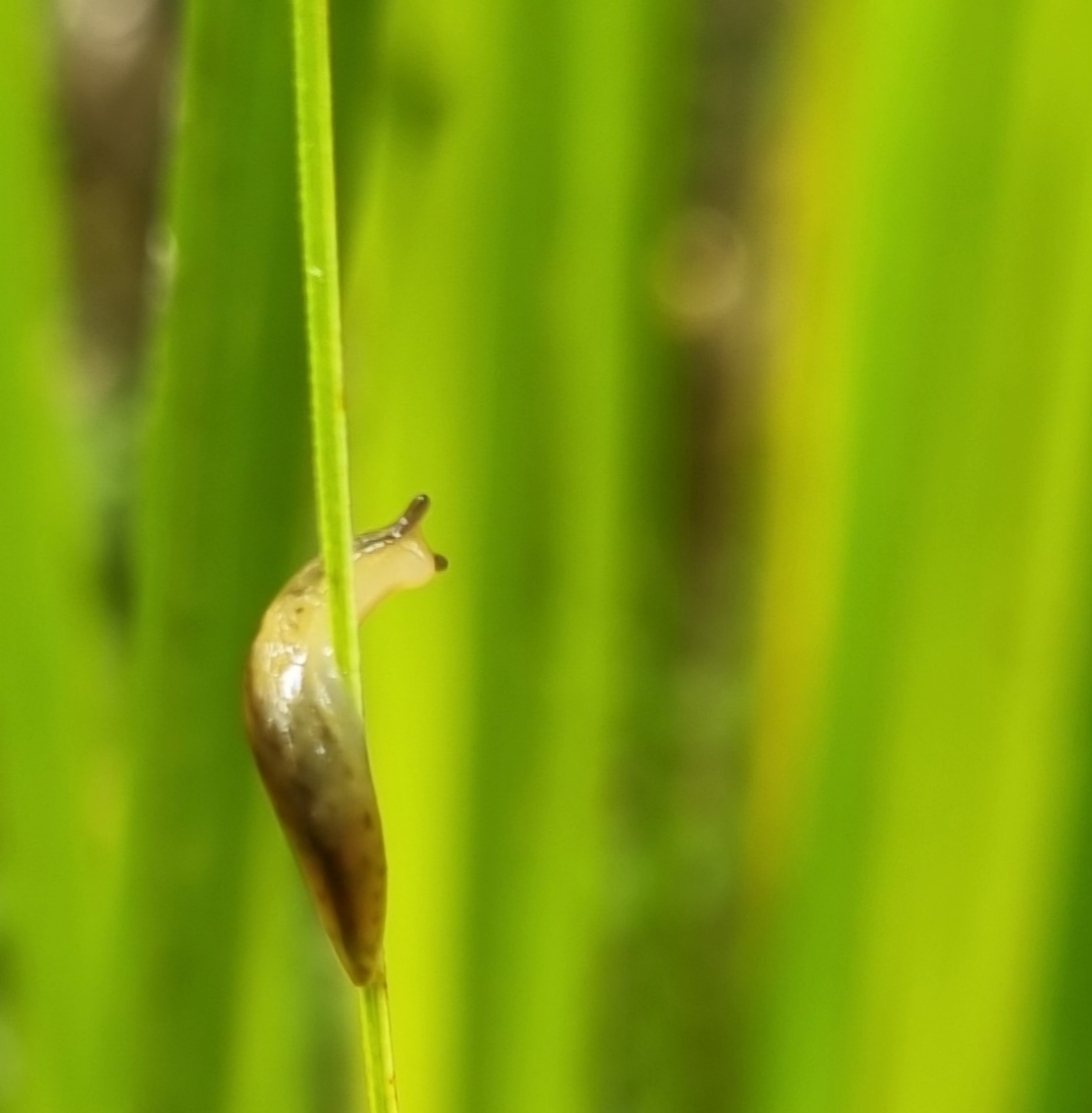I tried researching, but I stumbled upon conflicting results. Anyone familiar with this one?

Pixeltree
arborus gimmehaidefi
Automatic identification via PlantNet summary
Most likely match: Corynocarpus laevigatus J.R.Forst. & G.Forst.
Common name Scientific name Likeliness Karaka Corynocarpus laevigatus 11.18 % Australian Laurel Pittosporum tobira 10.35 % White milkwood Sideroxylon inerme 6.48 % Strawberry tree Arbutus unedo 6.40 % Chinese banyan Ficus microcarpa 5.21 % Beep, boop
I am a bot, and this action was performed automatically.
Yeah that does not help much.

Unfortunately, neither does your photo.
Yeah, best I have though.

Try to get one of the leaves and bark up close if you can. One of it flowering would also be very helpful.
Not OC, I found it on the internets.

Oh, that’s too bad. I wanted to help/know.

If you can, OP, take a close up short showing the shape of the leaves and branches. This is good to describe the overall shape of the tree but not enough to id.

You said you got it from online so i did a quick search for matching images and the photo comes from Trees South africa (the watermark that is partly cropped out in your image says this to) according to their website it is Harpephyllum caffrum.
https://trees-sa.co.za/tree/harpephyllum-caffrum/
Higher resolution image is on this sight which further back up it being Harpephyllum caffrum (leaf shape and arrangement match) def not karaka as karaka leaves are shaped differently.
Edit: red --> resolution (stupid auto correct)
It seems that’s the one indeed.

